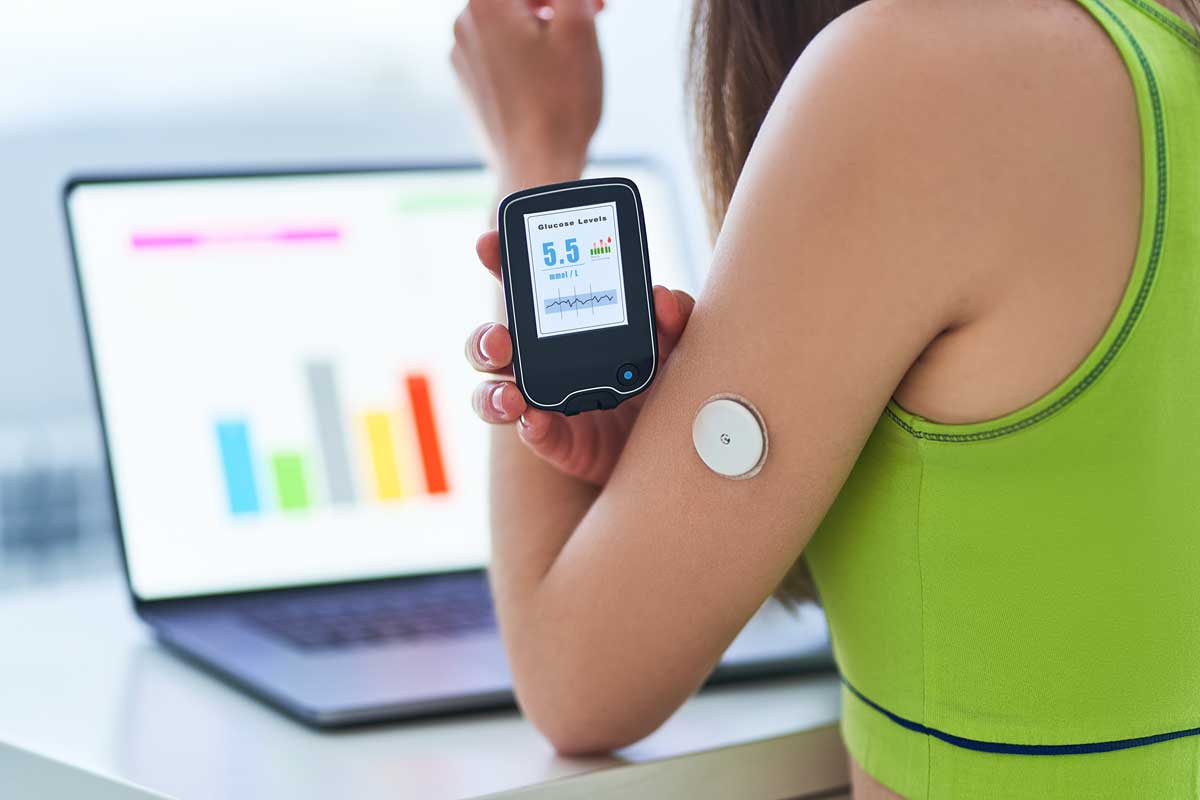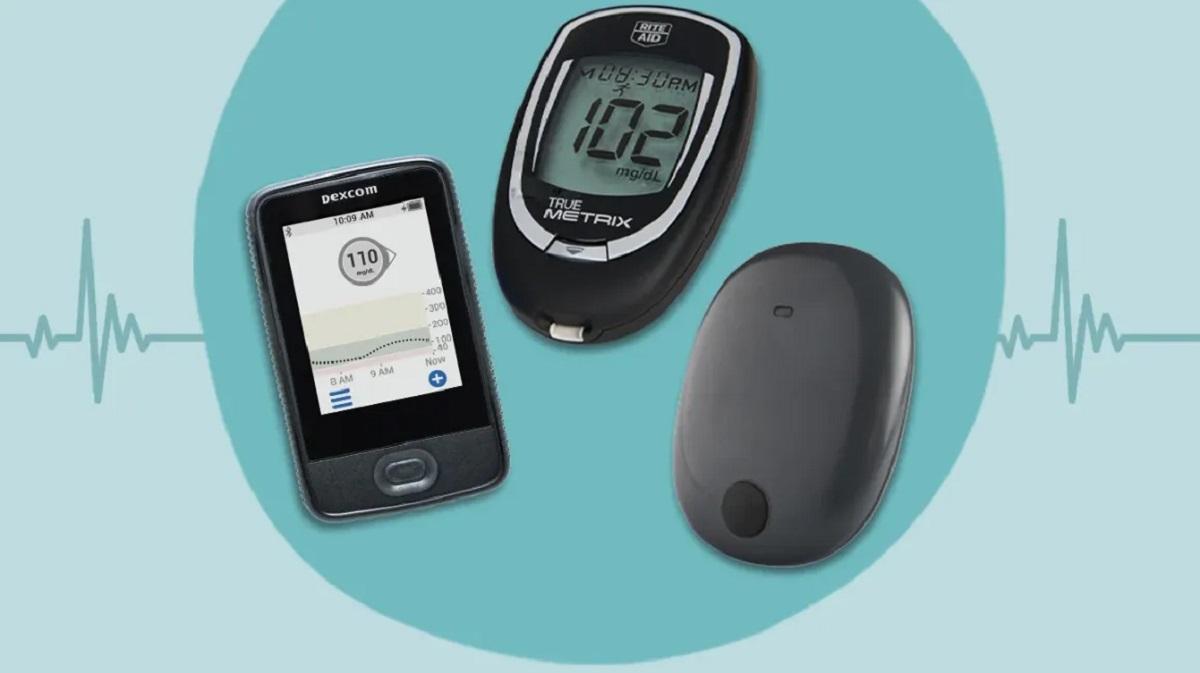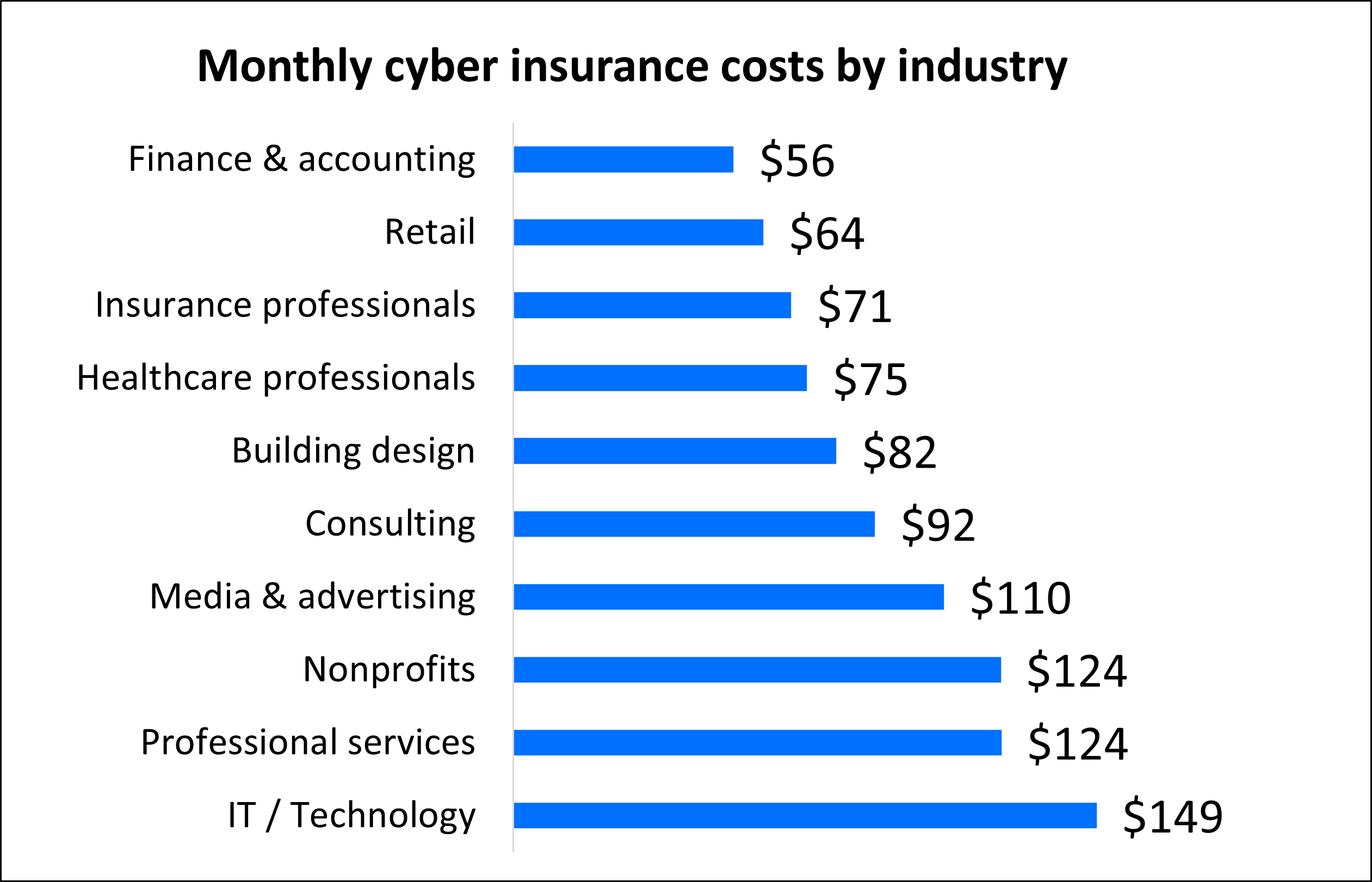The healthcare industry is evolving much like everything else you see around you. The healthcare industry has revolutionized because of artificial intelligence (AI), dramatically improving patient care and reducing insurance deductibles. Yet, what precisely is AI, and how is it changing the healthcare industry?
Making machines think like humans is the goal of AI. It replicates several aspects of human cognition, including learning, problem-solving, and decision-making, using complex algorithms and data-driven models. Here are 7 examples of how AI is changing healthcare.
1. No Insurance Deductibles
AI has completely changed how healthcare is provided. Insurance companies may handle claims quicker and more precisely by using AI-powered bots.
It has also eliminated the tedious process for insurance deductibles and significantly lowered patient wait times. So, what is no deductible mean? You can receive any required medical care without paying out of cash if enrolled in an insurance plan with no deductible.
AI-based applications can analyze patient data faster and more accurately than ever before. This means that providers are able to identify underlying issues earlier, enabling them to quickly provide necessary care without waiting for a deductible to be met. Moreover, AI also helps to reduce wasteful healthcare spending, which also lowers insurance deductibles.
2. More Accurate Diagnoses
Diagnosis of medical diseases may now be made more quickly and precisely than ever before not because of AI alone, but by combining AI and a doctor’s expertise. AI-based tools provide diagnostic support to medical professionals, which helps them make more accurate diagnoses.
AI also makes it simpler for clinicians to quickly and correctly obtain comprehensive patient histories and other pertinent information. They can give patients better care by concentrating on their requirements rather than employing out-of-date generalizations.
3. Enhanced Drug Development
AI is likewise revolutionizing the process of developing new drugs. This technology allows scientists to discover potential new medications more quickly and precisely than ever.
AI-powered algorithms may quickly analyze massive volumes of data to identify patterns that would be hard for humans to see. It aids in the process of identifying the most promising candidates for additional testing and development.
AI saves lives by speeding up patient access to effective therapies by decreasing the time it takes to create new pharmaceuticals. AI may also be used to spot potential drug interactions that could be harmful and to reduce the health risks related to specific prescriptions.


4. Improved Care Quality
Also, AI is enabling healthcare practitioners to deliver higher-quality care. Real-time monitoring of a patient’s vital signs by bots powered by AI can notify doctors of any irregularities. Patients can receive the prompt, correct treatment they require in this way.
AI can offer helpful insights into patient behavior and lifestyle decisions to assist healthcare professionals in developing efficient preventative strategies. For example, AI-powered bots may monitor a patient’s eating and activity patterns over time to determine how it affects their general health.
It aids doctors in having a deeper understanding of every patient, enabling them to offer individualized care regimens.
5. Increased Efficiency
Furthermore, AI is improving the effectiveness of healthcare services. Bots with AI capabilities can speed up administrative processes and give physicians more time to concentrate on delivering superior care. As a result, resources can be distributed effectively. They may also spot prospective areas where the healthcare system might be improved.
Detecting billing mistakes or duplicate claims automatically can help them cut expenses. Insurers can pass on the savings to their clients, lowering healthcare expenses. You may also be aware of how AI-powered bots may assist in arranging appointments and sending prescription reminders. It helps people keep on top of their care plans and lessens the workload for healthcare professionals.
6. Increased Accessibility
Access to healthcare is also becoming more accessible because of AI. AI-powered bots may assist patients in locating the best healthcare facility or physician and provide details on insurance policies and expenses. For people who would not have the means or information to make wise decisions about their healthcare, it increases access to healthcare.
More consumers can evaluate healthcare options quickly and locate the finest options without worrying about significant out-of-pocket expenses. All patients receive better care as a consequence, regardless of their financial situation or location.


7. More Affordable Care
Overall, AI is lowering the cost of healthcare for everyone. AI-powered bots can assist in lowering the total cost of healthcare by automating administrative processes and discovering possible cost reductions. More individuals can get essential medical care without being concerned about high out-of-pocket costs.
There is no need for concern that AI will supplant human healthcare practitioners. Instead, AI-driven bots are made to support medical professionals’ jobs and elevate the standard of patient care. They enable medical staff to deliver better treatment more quickly and inexpensively.
Final Thoughts
More than ever, AI is disrupting the healthcare industry by making it possible to more rapidly and accurately identify diseases, improve patient care quality, provide better patient experiences, increase efficiency, and cut healthcare costs. By deploying AI-powered bots to do labor-intensive activities, we can ensure that healthcare personnel is better equipped to provide patients with the best care possible.

























